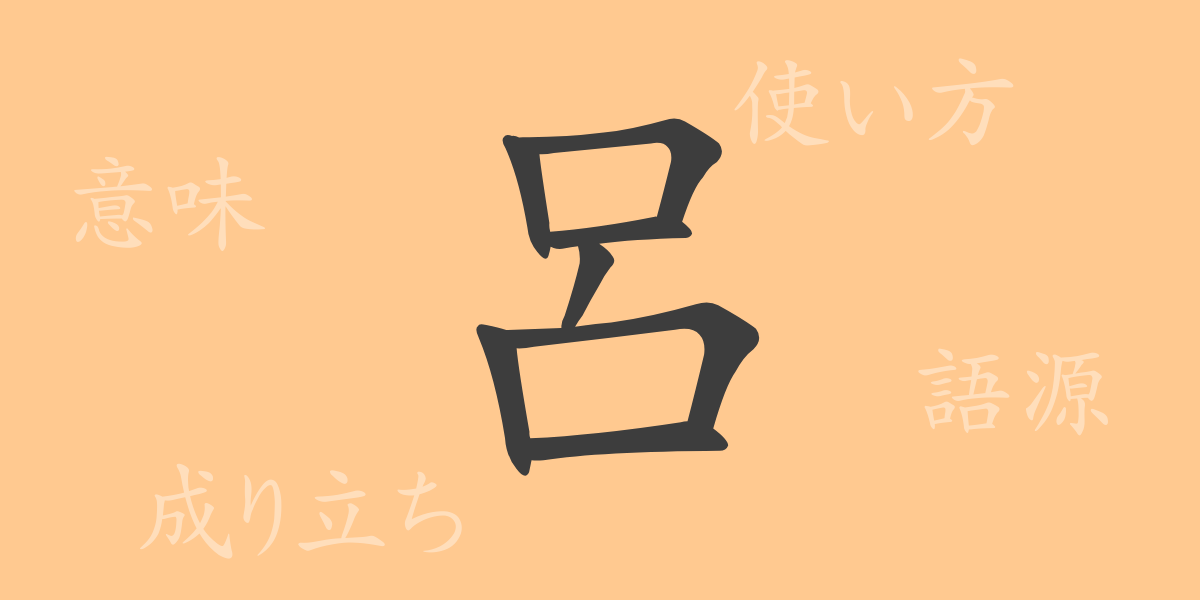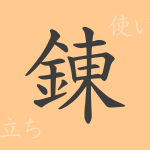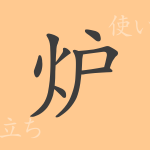The history and meaning of a single kanji character reflect the depth of a nation’s culture and language. The commonly used Japanese character “呂” (ro) evokes a sense of tradition and history through its form and sound. In this article, we delve into the origins, meanings, usages, and even the idioms and phrases in which “呂” (ro) is used in daily life, uncovering its charm.
The Origin of 呂 (ro)
The kanji “呂” (ro) is derived from an ancient Chinese pictograph representing a person’s back. This character, symbolizing the alignment of the spine, was considered an important part of the human body by ancient people. Over time, its meaning expanded to signify specific concepts.
The Meaning and Usage of 呂 (ro)
In modern Japanese, “呂” (ro) is primarily used to denote a musical tone or rhythm. It also appears in the word for bath, 風呂 (ふろ, furo), and can be found in personal names. Additionally, it is used in certain place names and proper nouns.
Reading, Stroke Count, and Radical of 呂 (ro)
The kanji “呂” (ro) is one of the more memorable characters due to its simple yet distinctive structure.
- Reading: In on’yomi (音読み, Chinese reading), it is read as “ロ” (ro), and in kun’yomi (訓読み, Japanese reading), it is read as “たつ” (tatsu) or “せぼね” (sebone).
- Stroke Count: “呂” (ro) consists of 6 strokes.
- Radical: The radical is “口” (くちへん, kuchihen), meaning “mouth.”
Idioms, Phrases, and Proverbs Using 呂 (ro) and Their Meanings
In Japanese, there are many idioms, phrases, and proverbs that include “呂” (ro). For example, “呂律” (ろれつ, roretsu) refers to the articulation and pronunciation when speaking, and “呂律が回らない” (roretsu ga mawaranai) describes a state of being unable to speak clearly, often due to drunkenness. Additionally, “風呂敷” (ふろしき, furoshiki) is a large cloth used for wrapping items, and the expression “大風呂敷を広げる” (おおぶろしきをひろげる, ooburoshiki wo hirogeru) means to talk in an exaggerated manner.
Conclusion About 呂 (ro)
The kanji “呂” (ro) is surprisingly familiar in Japanese, yet its origins and meanings are profound and varied. The character “呂” (ro), naturally used in people’s daily lives, embodies the richness of the Japanese language and the depth of its culture. We hope this article helps deepen your understanding of “呂” (ro).

























